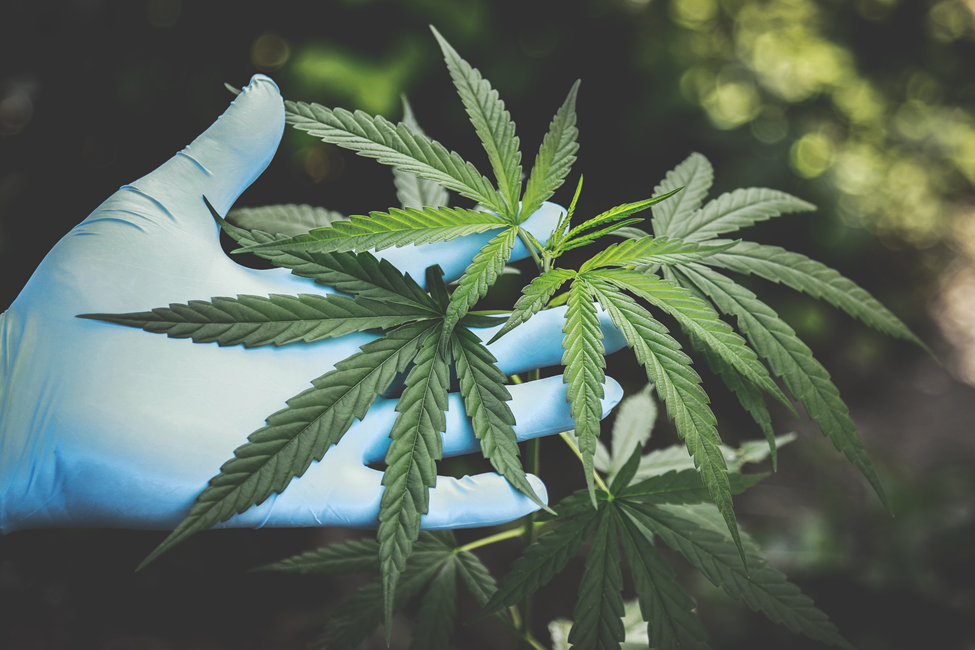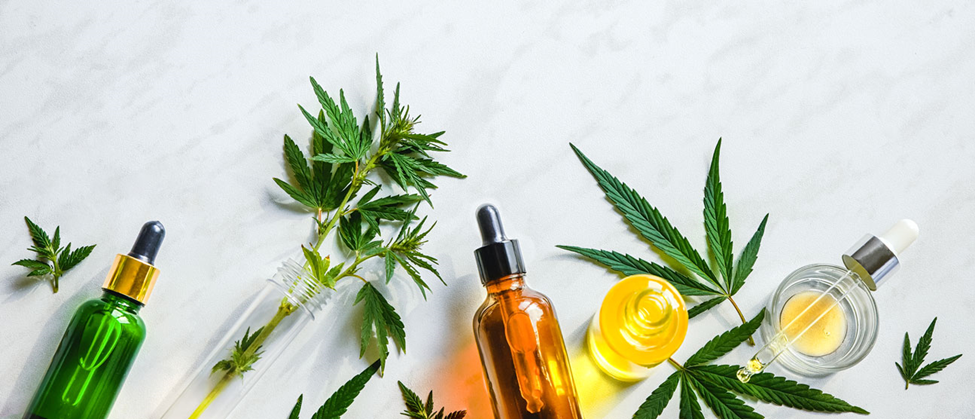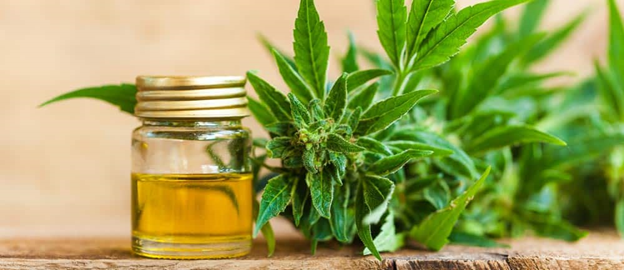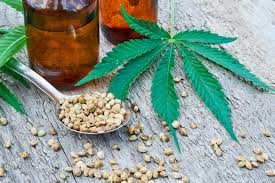Entrepreneurs know an opportunity when they see it. The
problem was that the CBD oil the Stanley brothers were producing came from
medical marijuana. It was a strain that contained high levels of CBD and low
levels of THC but it was still talked about as medical marijuana even though
technically it was hemp.
The
entrepreneurs had an idea. Hemp oil was quasi legal and had been so for some
time after it had been challenged by the DEA and lost in court, even though the
DEA retained jurisdiction. Hemp oil contains almost no THC and is
non-psychoactive. The court found that it did not violate the Controlled
Substance Act. The hemp oil that was sold in the United States at the time was
imported because there was still a ban on hemp being framed in the U.S. Hemp oil, if extracted properly, could
contain CBD, lot of it.
No need to move to Colorado. No need to get a
medical marijuana card. The races was on to find foreign sources of hemp oil,
and then import it to the U.S. and market it as a dietary supplement. The demand
for CBD was enormous, the profits would be huge. And that’s exactly what
happened. Sort of …
Companies were formed and some of
them became publically traded. Their stocks were promoted as investment
opportunities. Hemp oil products said to be rich in CBD started showing up
online. But the quality of the products varied widely. Most of the products came
from hemp either grown in Eastern Europe or China. When the FDA did testing on
some online CBD hemp oil products, they found that they contained very little CBD.
Even worse, because of the contaminated soil that the hemp was grown in, some
of the hemp oil products contained toxins and were making people sick. The public now had access to CBD products but it
was a mixed bag.
And
then the first of two watershed events occurred. President Obama signed into
law the Agricultural Act of 2014, aka the “Farm Bill.” The Agricultural Act
permits the growth and cultivation of industrial hemp in states were hemp has
been legally approved to grow as long as the hemp grown complied with the
conditions set forth in Section 7606 of the bill, “The plant Cannabis sativa L.
and any part of such plant, whether growing or not, with a delta-9
tetrahydrocannabinol (THC) concentration of not more than 0.3 percent on dry weight
basis.”
Unlike marijuana, Federal law now
allowed for cultivation, processing and marketing of hemp products under
certain conditions, but there were still ambiguities about the legal status of
hemp. That being said, hemp’s 70—year nightmare was coming to an end.
In Colorado, the Stanley brothers
were not the only brothers growing high CBD how THC Cannabis that now fit the
Federal definition of hemp. Enter the Hammer brothers, Chris and Justin. Both
brothers were pioneers in Cannabis cultivation, working for years as growers of
Cannabis for medical purposes. There were way ahead of the curve and had been
painstakingly perfecting a proprietary strain of Cannabis that had extremely
high levels of CBD and very low amounts of THC.
They were totally committed to
making CBD rich hemp oil available on a large scale, having witnessed the
healing power of their proprietary strain on many severely ill people. They
moved to Colorado and set about actualizing their dream.
Thanks to a strategic alliance with
local farmers, in 2015 the Hammer brothers produced the largest grow of CBD rich
hemp in the United States. Not only were they expert growers of hemp, they had
wide experience procession the harvested plant material. That experience led to
them producing, without question, the finest CBD rich hemp oil on the market.
We verified this by lab testing virtually all of the CBD products being offered
online at that time. Nothing compared. But the Hammer brothers had one big
problem. They were not marketers.











